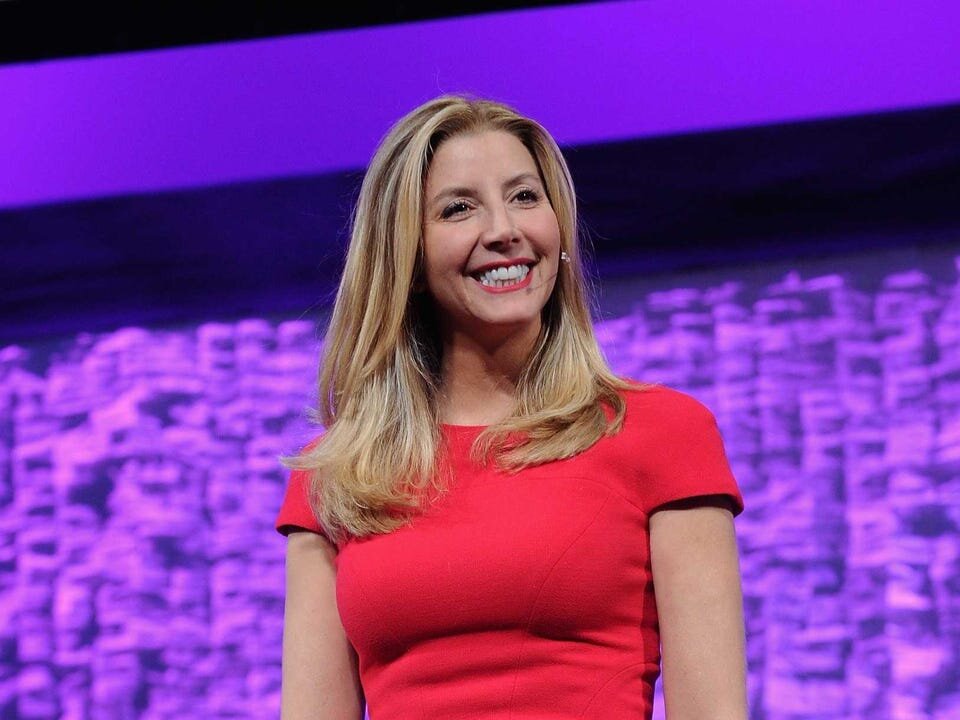5 successful bootstrapped companies that never took outside investment
What is a bootstrapped business?
A business can be defined as ‘bootstrapped’ if it is funded using only personal investment, often from the founder(s) personal savings. While many founders start their journey this way, there are only a few that remain independent from venture capital or other forms of external fundraising.
Here are 5 successful bootstrapped companies that never took outside investment 👇
Patagonia
👆Yvon Chouinard, Patagonia founder. Photograph: Patagonia
Patagonia founder, philanthropist & guru, Yvon Chouinard founded his company in 1974. Originally called Chouinard Equipment, their first product line was a small selection of pitons (metal spikes used for climbing) and other gear that Yvon sold from his parents’ garden and his own van from time to time.
During a trip to Scotland, Chouinard purchased a cotton rugby shirt to wear for climbing. When he returned home to the U.S, he received so much interest in the shirt that he decided to import them in bulk using the little cash he had made from Chouinard Equipment.
The company was eventually renamed Patagonia, and despite an early bankruptcy scare in 1975, when a shipment of rugby shirts was delayed, Yvon was able to generate a profit within the first year of launch.
Chouinard’s commitment to environmental responsibility and the brand’s increasing popularity meant that the company was able to stay far away from the controlling forces of venture capital and big investment. Patagonia was so popular that the company increased annual profits by 25% during the 2008-09 financial crisis.
Patagonia’s total sales are now nearing the $1bn landmark and most incredibly, Chouinard has yet to receive a single piece of outside investment.
Myprotein
👆Oliver Cookson, Myprotein founder. Photograph: Oliver Cookson
MyProtein founder Oliver Cookson, like many visionaries, dropped out of school when he was only 16 with a single GCSE.
Cookson was a keen gym-goer and supplement user and it didn’t take him long to realise the enormous margins in protein powders.
His problem was of course capital. No banks were willing to lend the scrappy Mancunian a cash injection, so he extended his overdraft by £500, bought a few sacks of protein powder and built a primitive website that allowed users to customise their own product.
How did Cookson turn this bootstrapped operation into a £350m+ exit?
You can listen to Oliver’s full bootstrapped journey, told by the man himself, on the Secret Leaders podcast, here.
Spanx
👆Sara Blakely, Spanx founder. Photograph: Craig Barritt/Getty Images
By the age of 27, Sara Blakely had failed multiple times; from door-to-door fax saleswoman to a lawyer, to stand-up comedian, she had tried it all and nothing had stuck.
One fateful day – concerned with her visible lack of undies – Sara had the bright idea to slip on a pair of pantyhose underneath her going-out clothes. The lightbulb moment she’d been waiting for...
The next day, Sara took out a loan of $5000 and developed a prototype for what would come to be known as Spanx.
The business was profitable after a month of sales and they went on to make $4 million within the first year. Sara’s savvy bootstrap story began to turn some heads as well as celebrity endorsements – most notably, Oprah – and from that point on Spanx became a household name.
The bootstrapped Spanx has an estimated annual revenue of $400m and Sara never took outside investment. She is now reported to have a net worth of around $1 billion. With a B…
Mailchimp
👆Ben Chestnut (center), Dan Kurzius (center right), Mailchimp co-founders & team. Photograph: Jake Chessum
Created in 2001, Mailchimp had a slow-ish start. Founders of Rocket Science Group, Ben Chestnut, Mark Armstrong & Dan Kurzius were running a web design business when a few customers reached out about building a product that would help with their email marketing requirements.
Chestnut threw together their V1 product from an old piece of code he’d drawn up for a digital e-card idea, and suddenly Mailchimp was born.
Both founders were adamant not to take on venture capital investment because they were confident in the revenue-generating capabilities of the software. Though it took a few years, it eventually became their strongest revenue stream.
The launch of Mailchimp’s freemium option in 2009, rocketed their user base from 85,000 to 450,000 in 6 months.
As you can imagine, the three founders’ decisions to maintain equity also paid off. The company currently generates $750m in annual revenue and has a user base of 14 million.
Mailchimp’s shares are still entirely owned by the three original founders.
TechCrunch
👆Michael Arrington, TechCrunch founder. Photograph: John Keatley
What started as a hobby for TechCrunch founder Michael Arrington in 2005, ended with a multi-million dollar acquisition 5 years later.
TechCrunch wasn’t Arrington’s first business venture, meaning his personal finances were more nourished than some of the founders above. However, a bootstrap is a bootstrap and Michael backed himself from the beginning.
It was 2005, the internet was still blossoming and high-quality blogs were few and far between. Arrington’s diligent publishing schedule (2-3 a day) and the relatively low level of competition meant TechCrunch was soon getting millions of views every month.
In 2010 AOL acquired the business blog for an estimated sum of $25 million.
Despite launching the product alongside co-founder Keith Teare, Arrington kept 85% equity in the company and earned himself one tidy payout.
If you’d like to hear more powerful insights from founders of startups like Monzo and Jo Malone, pioneering investors like Arlan Hamilton or business thinkers like Alain de Botton then follow our podcast below.





